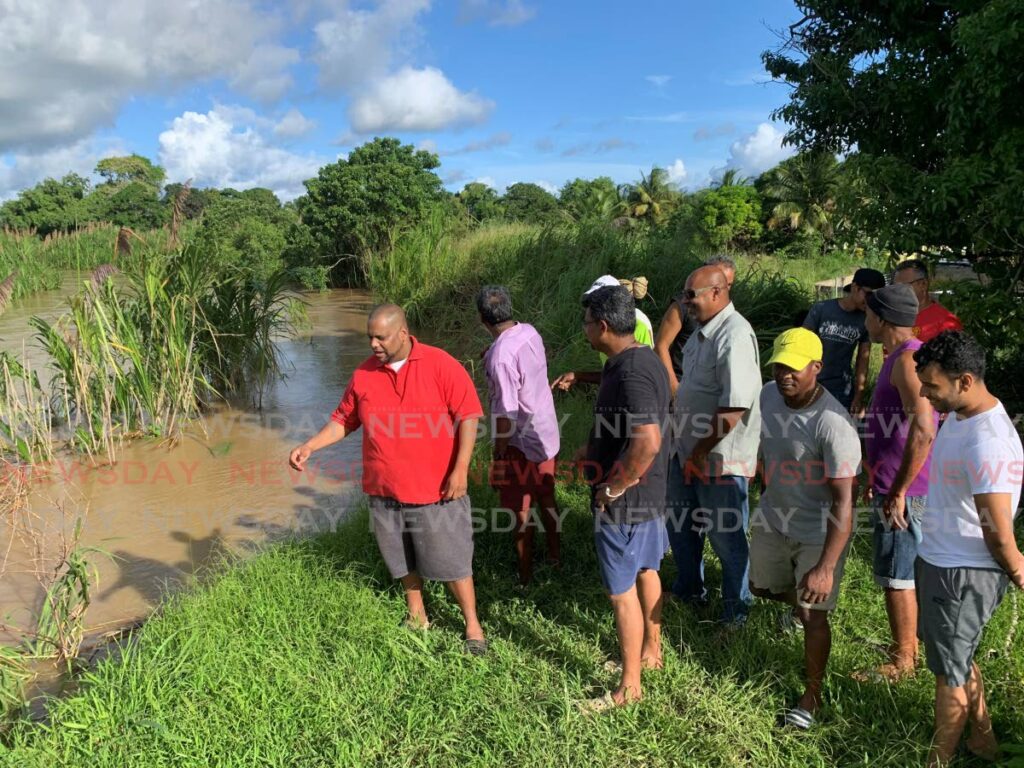The water next time

In early August, residents at Ibis Gardens called official attention to the erosion of an embankment between their community and the Caroni River, after low water levels showed the damage. Representatives of the Housing Development Corporation at the site acknowledged emergency work was necessary to protect the area.
Andre Ramsahai, a resident, pointed out that the issue had been raised with the Ministry of Works and Transport two months before and that the response was that there was no funding. The Works Ministry eventually mobilised a contractor to address the issue, but not before it had become a political flashpoint, and that shouldn’t be necessary to prompt action on a pressing infrastructure problem.
The Works Ministry should position itself to take more effective and aggressive action on flooding generally in TT. It also cannot continue to operate as if today’s flooding problems are anything like those of the past. The ministry should liaise with the Meteorology Office to analyse patterns of rainfall over the last three decades to develop a more comprehensive understanding of potential changes in rainfall distribution.
Anecdotal evidence of rainfall patterns suggests changes in where and how heavily it rains in TT.
There are continuing issues with lower water levels in the nation’s reservoirs even as other parts of the country drown in dramatically increased runoff. The major channels created to handle drainage in the dense settlements in north and central Trinidad are relics of an earlier age, when much less of the country was covered with asphalt and concrete.
Understanding where and how heavily rain is falling might bring more insight into local drainage patterns that are clearly changing. There is also a need to look at the bigger picture.
Global climate-change analysis has long pointed to changing wind patterns that bring real, lasting but unpredictable disturbances to long-established weather systems. Rising global temperatures create an atmosphere that holds more water, so that regions that tend to be wet will become even wetter. In the Caribbean, that might lead to wet seasons that deliver even more precipitation – while the reverse might also prove true, with dry seasons becoming even drier.
There has been a pressing need to improve man-made drainage and natural runoff routes in the country for decades, both to manage major rainfall and to capture potable water. The country has been grappling with little success with increased rainfall, but it isn’t sensible to assume that our good fortune – it’s certainly not our own foresight or pre-emptive action – in avoiding the consequences of hurricanes and storms will continue indefinitely and unbroken.
The laissez-faire response to the problems at Ibis Gardens is a troubling reminder of an apparent national inability to acknowledge increased rainfall and its likely continuation, and to plan for its consequences. We need to adapt through like prompt, adequate embankment reinforcement and become a larger programme of adjustment that acknowledges the unknown but inescapable reality of climate change.


Comments
"The water next time"